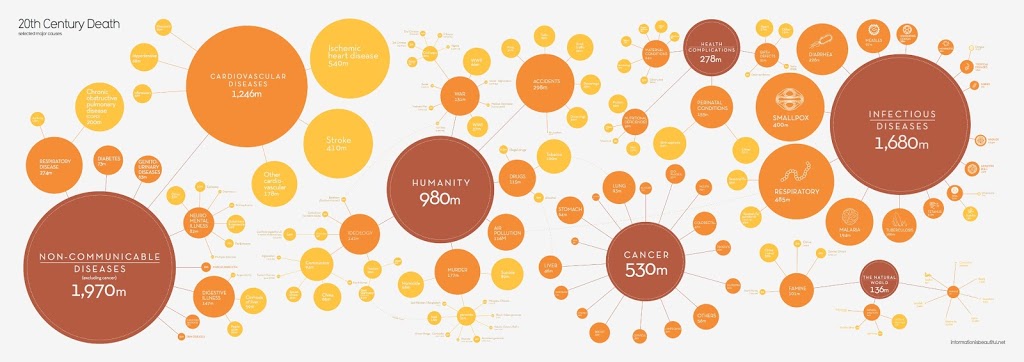Science Sunday is about ENCODE – might be nice to tune in :-)
Reshared post from +ScienceSunday
Join us for another Science HOA, brought to you by +ScienceSunday. An estimated 1% of the human genome codes for genes: those snippets of information that define us as individuals and as a species. What about the vast remainder? Is it the "dark matter" of biology or just "junk DNA"? You may recall the ENCODE project which made a splash in the news with the claim that 80% of the genome was functional. Now comes the push back, with scientists challenging that statement as an overreach. What is ENCODE? What does it tell us and perhaps as important, what does it not tell us? If you have any questions for our panel, please leave them on the Event page as always.
This +ScienceSunday panel discussion will be hosted by +Rajini Rao, +Buddhini Samarasinghe and +Scott Lewis. Joining us will be +Ian Bosdet and +Josh Witten, two scientists that have written extensively about this topic. We hope you can join us as we attempt to decode the controversy!



